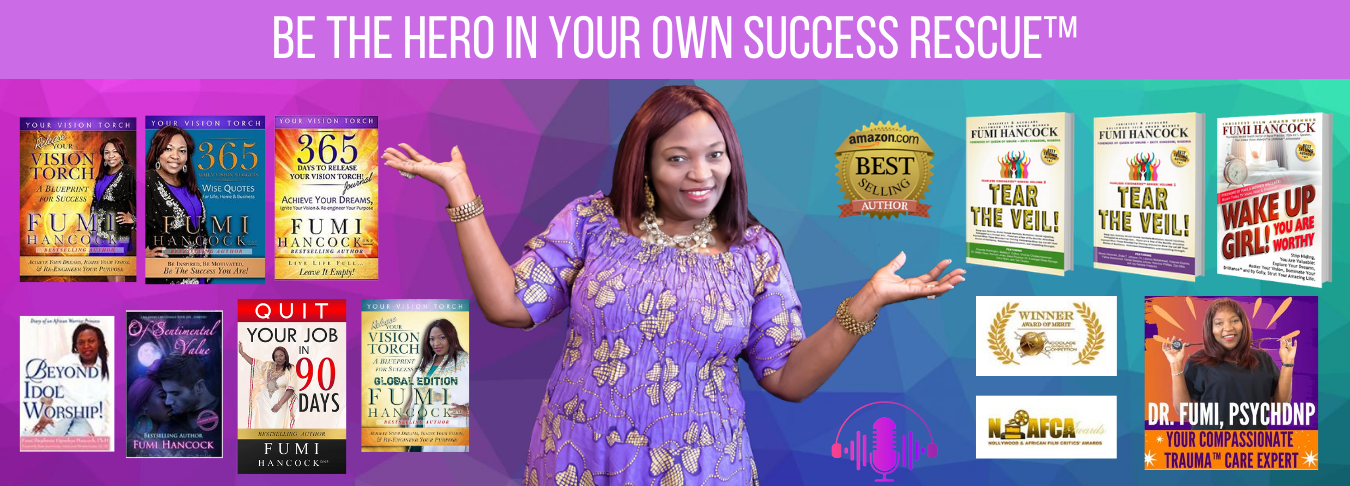 One of the biggest problems we have to deal with as public speakers is clear speech. A performance can be ruined by stuttering—and even people without a history of stuttering can become afflicted with an attack of the stutters. It can be bought on by a number of things—and happens all the time. This blog article is all about preparing and dealing with this issue. If you find yourself repeating your lines, stuttering, making too many pauses—you may want to try these great tips.
One of the biggest problems we have to deal with as public speakers is clear speech. A performance can be ruined by stuttering—and even people without a history of stuttering can become afflicted with an attack of the stutters. It can be bought on by a number of things—and happens all the time. This blog article is all about preparing and dealing with this issue. If you find yourself repeating your lines, stuttering, making too many pauses—you may want to try these great tips.
Slow Down!
When your mouth spits out the words faster than your brain can process them, you tend to trip over what you want to say. Slow down and let your brain go ahead of your mouth. Think the ideas, then say them. Your audience will understand you better, and you will be much calmer in the process.
Try Reading Aloud
Reading in front of the mirror for half an hour a day is a great idea that can be done easily at home. Another way to use this tip is to simply stand in front of the mirror while you are talking on the phone. Although in this case it might be that your stutter does not disappear, but you can look at your face for particular blocks or problems that you might have when speaking.
Visualize What You Are Saying
Picture what you are going to say even before you say it. If you are speaking slowly, you will find that it will help stamp out your stuttering. Sound out the words in your head before you say them and then say them. Getting a picture of what you might want to say in your head provides you with a lot of different options. Taking your time is a much preferable option when you are trying to form a sentence. Along with this, don’t be afraid to use filler words like ‘hmm’ or ‘ahh.’ The fillers will buy you time.
Breath, Relax and Speak
Did you know that breathing properly can have many benefits? Stand up straight and breathe deeply from your belly. It gives a person a chance to relax. It also enhances overall bodily processes, therefore fostering good health. Proper breathing also enables a person to de-clutter the mind and eliminate emotional impulses. Give it a try!
YOUR VISION TORCH Series
Achieve Your Dreams, Ignite Your Vision, & Re-engineer Your Life Purpose
More blog articles at www.yourinneryou.com
Dear Princess Column at: www.sentimentalnursewriter.com
Download your free sample here







